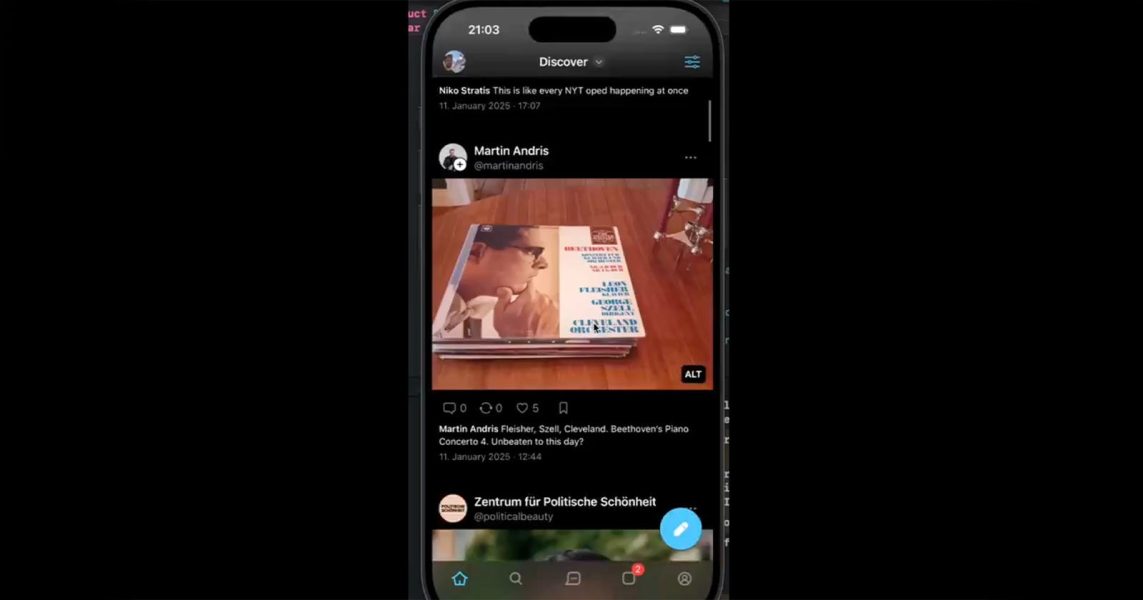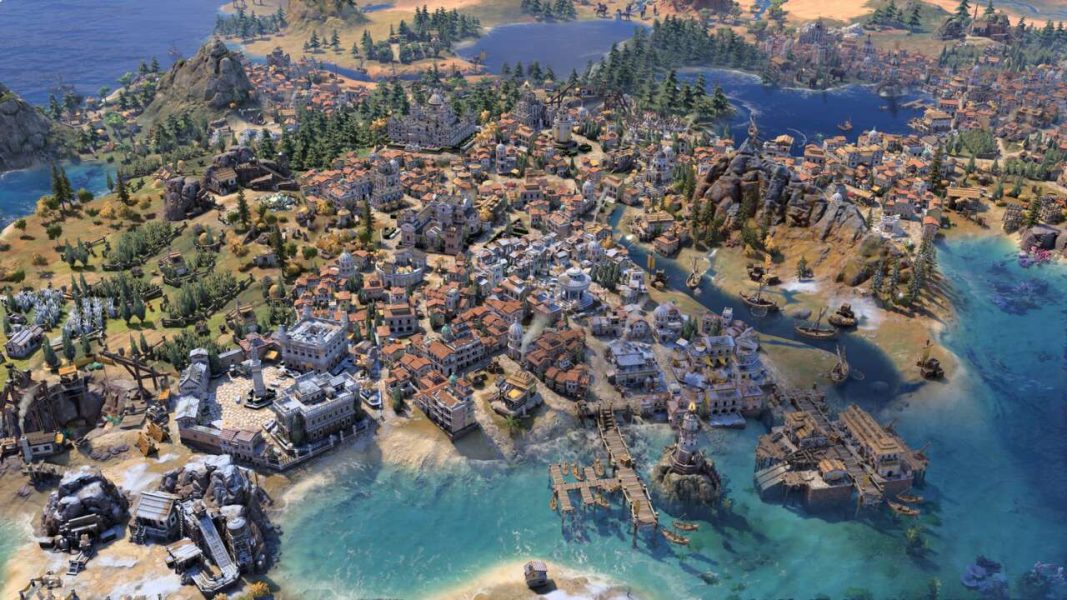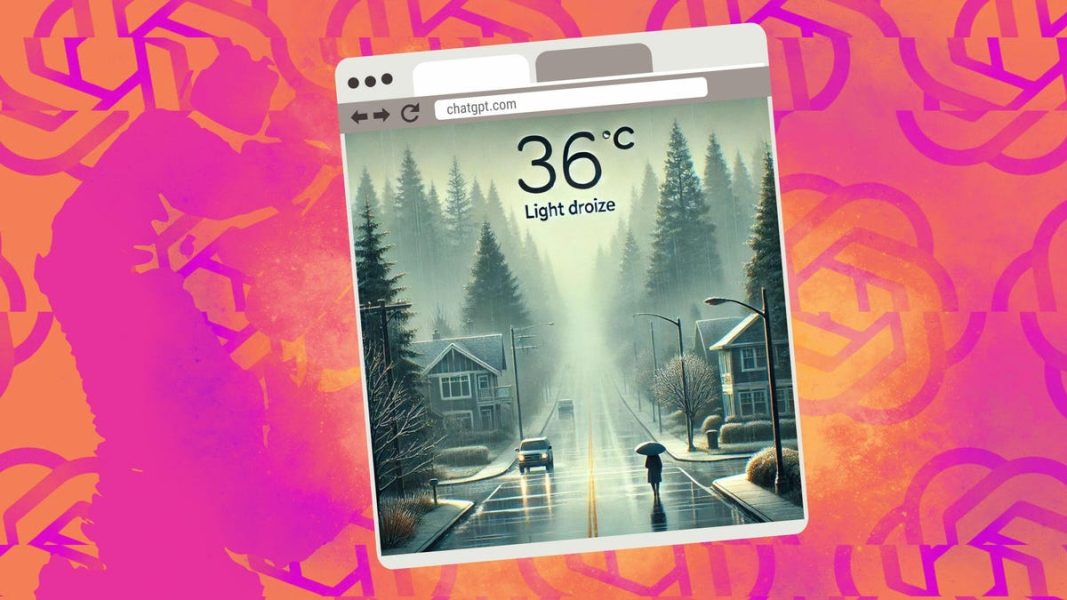Introducing Health Fix, our newsletter to boost your health and wellbeing – BBC.com

Subscribe to our weekly email with insights rooted in science to bust myths, for international audiences.Most of us know that to live a long and healthy life, we should eat well, exercise and look after our mental health. But working out which steps will bring the most improvement to our health and wellbeing can be tricky.It gets especially hard when we are faced with so much conflicting advice. Distinguishing a clever marketing ploy from a science-backed technique that might actually be good for you is no easy task. But Health Fix, the BBC’s new dedicated health newsletter, is here to help. This weekly email will draw on the BBC’s globally renowned health coverage to bring you a mixture of health news, myth-busting insights and tips rooted in the scientific research that you can actually trust. The newsletter is fronted by me, Melissa Hogenboom, a health correspondent and author who’s been reporting and editing in this field for a decade. I’m passionate about helping readers separate fact from fiction when it comes to their health and make informed decisions based on the latest expert thinking.If there is a specific topic that you would like to see us focus on, you can suggest ideas or submit your health-related questions here. We always love hearing from readers, and our team reads every email.If you want to receive trusted insights to boost your health and wellbeing in your inbox every Wednesday, sign up to Health Fix for free here.Health Fix is just one of a growing slate of newsletters from the BBC on topics ranging from history to the Royal Family to technology. Explore all those available to you here. Melissa Hogenboom (@Melissa_Hogenboom)Science writer* Please note that all content within the newsletter will be provided for general information only and should not be treated as a substitute for the medical advice of health care professionals.–You can also sign up for The Essential List newsletter – a handpicked selection of features, videos and can’t-miss news, delivered to your inbox twice a week. For more science, technology, environment and health stories from the BBC, follow us on Facebook, X and Instagram. Researchers may have identified a new human species that lived around 300,000 years ago in Asia.How do they differ from the ocean? A geophysicist breaks it down for us.Nasa has released new ‘sonifications’ of the Universe on the 25th anniversary of Chandra, its X-ray Observatory.Bettany Hughes goes underwater in search of ancient archaeological finds in historic Sozopol, Bulgaria.Researchers in Australia put cameras on sea lions’ backs to help them map the elusive ocean floor.Scientists are preparing to drill into the rock of an Icelandic volcano to learn more about how volcanoes behave.Research by a Nobel Prize winning astrophysicist suggests we have been wrong about the expansion of our Universe.Veterinarian professionals are committing suicide at a higher rate than the general population. The stunning new science of how lights flickering in tune to our brain rhythms can improve how quickly we learn.The world was explained through the laws of physics until a meteorologist saw the pattern of chaos.Researchers in Israel have created ‘synthetic’ embryos without using a sperm or egg.Prosopagnosia, or face blindness, is a brain disorder that affects the ability to recognise people.Max Tobin and world-renowned physicist Max Tegmark guide us through four ways to understand the multiverse.Grasses that aren’t native to Maui fueled the wildfires we see today. How did this happen?Scientists have revived a pair of 46,000-year-old worms found deep in the Siberian permafrost.The olm can live for 100 years. Scientists want to decode its genome to unveil the secret to longevity.Oppenheimer, the father of the atomic bomb, was against hydrogen bombs. But what’s the difference?The discovery of the substance that could unravel the whole mystery of existence.Could proof of life on Mars reveal the poisonous origin of life on Earth?Why is the far side of the Moon so completely different from the surface we see?Stargazers will be treated to a rare seven-planet alignment in February. This is what scientists hope to learn.The course will provide group therapy for up to 10 young people to aid their well-being.Greenlandic politician and Inuit educator Aleqa Hammond shares her top ways to experience the country, from sampling Greenlandic cuisine to viewing the Northern Lights in Ilulissat.Dr Jennifer Seddon says it will help them understand how to support vets seeking to reduce alcohol use.People say they don’t want to be sad, but their online habits disagree. Content that channels sorrow for views has become a ubiquitous part of online culture. Why does it work?Copyright 2025 BBC. All rights reserved. The BBC is not responsible for the content of external sites. Read about our approach to external linking.






